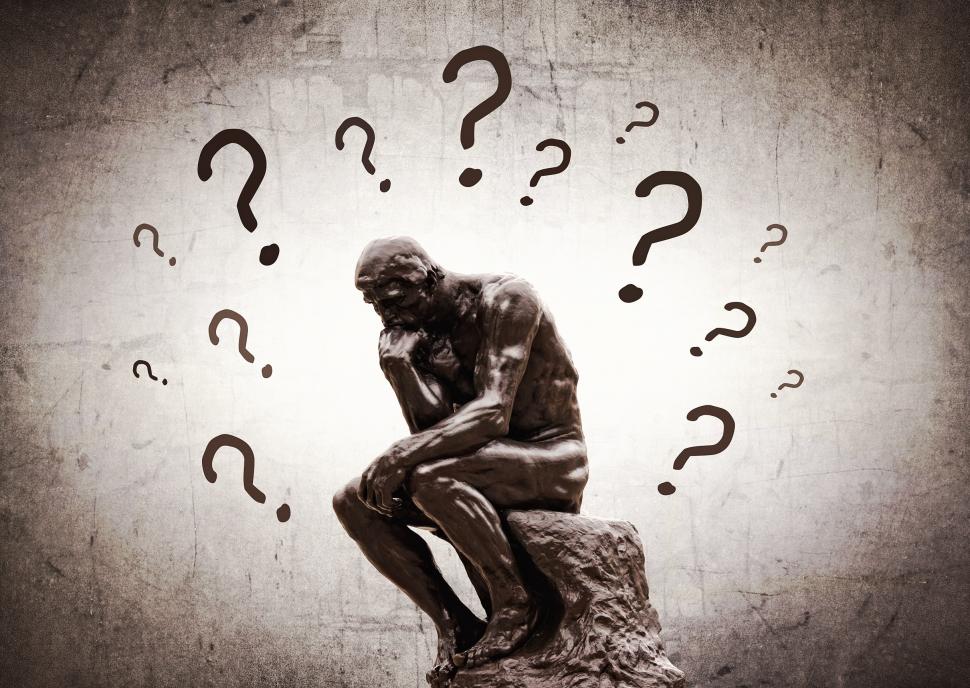I facilitate many large and small group discussions and always find that setting norms or…

Can Consciousness Resolve Conflict?
Perhaps like me, your background or formal training in university or college had a technical focus with little or no soft skill training. Stepping into the world of work involves emotion and for most of us, significant human contact. Through this contact, we all experience some conflict. Either with co-workers, bosses, subordinates, customers or suppliers. Constructively resolving these differences can make or break our ongoing working relationships and impact our success at work. Skills to manage conflict were typically not part of our university training. Our human resource departments frequently offer courses to grow our skills in this area, although we sometimes ignore them because we don’t have enough time or we dismiss the topics as being too touchy-feely. These skills are needed, but perhaps the core of conflict resolution is all about becoming more conscious or aware.
The definition of conscious is aware of and responding to one’s surroundings. In my experience, conflict is often caused by unconsciousness or being unaware of our and other’s reactions in difficult situations. Our brains default to a fear response system when we encounter a conflict situation – it’s the old flight, fight, freeze – our brains were not wired to reason things through when in feel we are in danger. Your fear response system can be triggered by a sense of physical or emotional danger.
Sometimes you will be aware of what that trigger is, but most of the time you will not. When you feel emotions in conflict, such as anxiety, fear, aggression, or anger, that is the first clue that you have been triggered. The problem is that as soon as we start to generate these feelings, our brain looks for a cause. You will unconsciously blame or attribute cause to the nearest likely object. Typically, that is another human being near to you. Again, because your fear response system is completely unconscious, you will begin reacting against this person without conscious thought by accusing, planning, running, avoiding, or engaging in some other unproductive conflict behaviour.
When people are in conflict they are also often unaware or unconscious of other perspectives and other information relating to their situation. Again, the fear response causes their field of view to narrow. Because they are likely unaware of this, they make assumptions and evaluations that are based on incomplete information. To become more conscious, we need to expand the amount of information that we have to work with. Be able to look at the situation from all angles. As we do that, our consciousness expands and the ability to look at the dispute from a broader perspective occurs. Thus, moving from conflict to resolution is a process of expansion of consciousness.
So I’m sure you’re asking yourself; how do I get myself out of fight, flight, freeze? How does somebody become conscious or more aware? Awareness is best explored though conflict coaching, but can also be created in your own environment during a quiet reflective time. Questions make up the majority of the process to aid in shifting perspective and are often applied to specific conflict situations. Here are some samples based on work done by Cinnie Noble, a conflict coach based in Toronto. You can use this method yourself, but beware that the success of the outcome will depend on your honesty when answering.
What triggers you? What sets you off in conflict situations?
What values are being affected when you are triggered?
What’s important to you – what are your beliefs, values, needs, etc.?
In what way was may this belief, value, need have been undermined?
What is the impact on you when your buttons are pushed this way?
How is the conflict affecting you?
What is your motive/intent in the situation?
What was the reason you may have said what you did?
What may be the other person’s motive/intent in the situation?
How did you interpret the words that were said?
How else could they have been interpreted?
What crossed the line for you in that situation?
What was your reaction to your line being crossed?
How would you have preferred to react?
What were the consequences to you because of this dispute?
How are the consequences of the situation affecting you now?
What were the consequences for the other person?
What don’t you know about the other persons situation that may help you better understand where they are coming from?
Encountering and resolving conflict is an essential part of our growth and success in the workplace. Unless we work at becoming more aware in the conflict situations we encounter, we will end up in a never-ending cycle of conflict. These questions to build self awareness will help us learn to generate a compassion response instead of a conflict response. This of course takes time and practice, but will generate benefits for you and your workplace.




